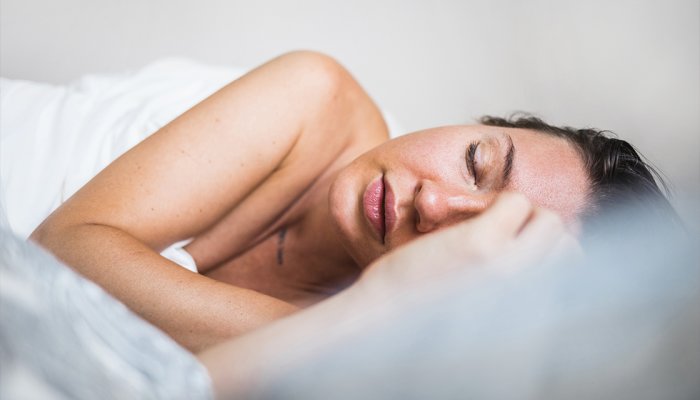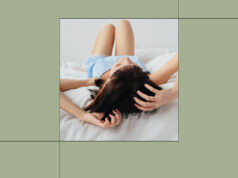
Breus argues that since it encourages more time in light vs. deep sleep phases, the snooze button increases the likelihood of waking up with brain fog and a sour mood.
Holliday-Bell agrees: “Snoozing is not a good idea because it causes fragmented sleep, leading to poor sleep quality, and making you feel less rested. It also makes you more likely to experience that groggy disoriented feeling upon awakening called sleep inertia.”
However, Broderick points to recent research showing it may not be all that bad. The study, published last month in the Journal of Sleep Research, looked at how pressing the snooze button affected 31 adults’ functioning in the morning. After sleeping in a lab setting, participants either snoozed for 30 minutes or woke right up at the first alarm before completing a series of cognitive tests. People actually performed slightly better on the tests after pressing snooze, and snoozing did not seem to impact their overall sleep quality or sleepiness, mood, or cortisol levels come wakeup.
“A brief snooze period may thus help alleviate sleep inertia, without substantially disturbing sleep, for late chronotypes and those with morning drowsiness,” the researchers conclude.
However, there hasn’t been much large-scale research on this topic, so it’s hard to draw firm conclusions. The snooze button might also impact people differently, with night owls finding it more helpful than early birds.
If there’s one thing the experts polled do agree on, it’s that relying too heavily on the snooze button or having trouble getting out of bed no matter how much sleep you get could be a sign of an underlying sleep disorder.









